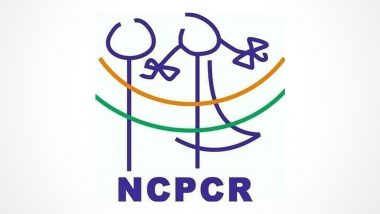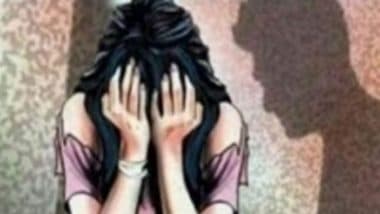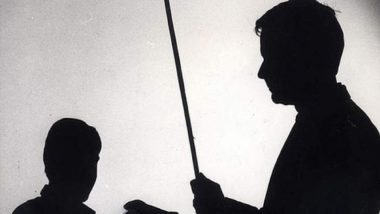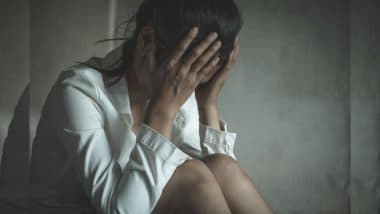New Delhi, Jan 7: Apex child rights body NCPCR has come out with a portal for rehabilitating child victims of sexual assault and abuse as well as improving the conviction rate in these cases.
Talking to PTI, NCPCR chairperson Priyank Kanoongo said increasing conviction rate under the Protection of Children from Sexual Offences (POCSO) Act is a huge challenge. Delhi Horror: Class 2 Student’s Private Part Tied With Thread by Classmates, Minor Hospitalised.
“We made the portal because we understood that to increase the conviction rate, we need to work on different aspects and one of the important parts of it is rehabilitation of victims...,” he said.
The conviction rate under the POCSO Act varies from state to state.
According to the National Crime Records Bureau data of 2021, Uttar Pradesh had a conviction rate of 70.7 per cent in such cases, whereas Maharashtra and Madhya Pradesh had a conviction rate of 30.9 per cent and 37.2 per cent, respectively.
Kanoongo said about 40,000 FIRs are registered under the Act every year.
“The POCSO Act talks about penal punishments and victim rehabilitation. It is a fact that where there is no rehabilitation, conviction will be affected," he said.
He further said when a POCSO victim gets compensation, a social investigation report is prepared and support system is provided, the conviction rate improves automatically. In other words, if the victim is rehabilitated and better taken care of, there are more chances of him/her providing evidence and identifying his perpetrators, which will ultimately lead to better conviction. Supreme Court Declines Plea To Study Link Between Online Porn and Sex Crimes, Child Abuse; Says ‘Can’t Set House on Fire To Roast a Pig’.
The NCPCR chief said another focus of the commission this year would be to bring children studying in unmapped and unrecognised madrassas into the mainstream education system. “There are madrassas where fundamental education is not given to children, just religious education is given,” he said.
The National Commission for Protection of Child Rights (NCPCR) estimates that about 1.1 crore children are studying in these unmapped and unregistered madrassas.
The child rights body has also asked states and Union territories to map all the madrassas in the country. He said the focus of the NCPCR last year was on rehabilitation of street children. “The SOP for them was revised and it was ensured that its implementation takes place. In 2022, Bal Swaraj portal was made and we did regular follow-up with states. For states, we made draft policies, and 15 states told us that they notified policies regarding rehabilitation of street children,” Kanoongo said. He added that about 23,000 street children were rehabilitated last year.













 Quickly
Quickly





















